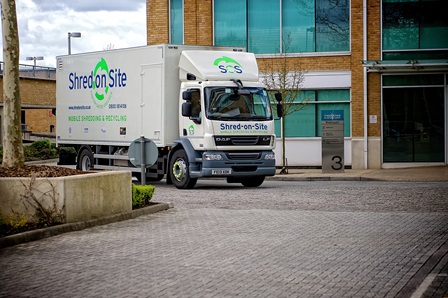Protect your sensitive data by decluttering your office
Fraud and theft are big business
Failing to comply can be costly too
Tips for protecting sensitive data by decluttering:
- Put regular shredding services in place. Confidential shredding is the best way to protect your data (and your business) because this is a process that will completely destroy documents and make them totally unreadable. It means that no one without authorisation will be able to access that sensitive data and put your organisation at risk.
- Use secure bins and consoles for waste documents. This will not only help to declutter the office space but also ensure that files and documents that could contain sensitive data are kept secure right up to the moment that they are removed to be shredded.
- Introduce a clear desk policy. Staff should only have the essentials on their desks at the end of the day and documents and files should never be left out in the open. This not only helps to improve how an office looks and feels but how secure it is too.
- Ensure you’re clear on how long documents need to be retained. Some documents must be kept as records and others may be required further down the line. Ensure that you’re clear on the time limits for keeping documents and that your business has precise guidance in place for retention and disposal.
Confidential shredding is a vital process for any organisation prioritising security today. It not only helps to minimise the potential for loss or theft but creates a clearer and more effective working environment too.







